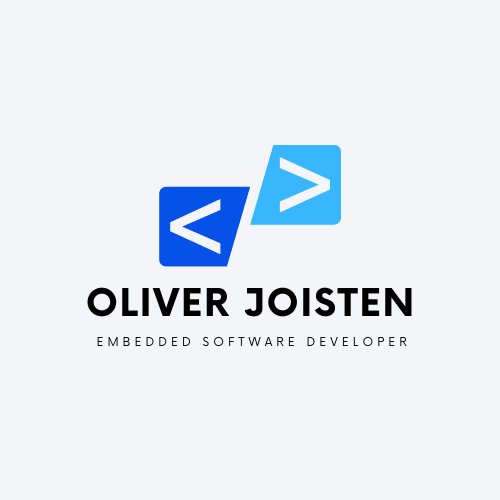Linux has become an essential operating system in the world of information technology, thanks to its open-source and free nature. With its increasing popularity, it’s crucial for software developers and DevOps professionals to have a strong command over Linux commands to make their tasks easier and more efficient. In this blog post, we will discuss 50 essential Linux commands that every software developer must know.
Here are 50 Linux commands that every software developer must know.
| Command | Description |
| ls | View contents of directory (list) |
| pwd | path of the current directory |
| cd | change directory |
| mkdir | make new directory |
| mv | move files / rename files |
| cp | copy files |
| rm | remove files |
| touch | create blank new file |
| rmdir | delete directory |
| cat | list content of file to terminal |
| clear | clear terminal window |
| echo | move data into a file |
| less | used to read the contents of textfile |
| man | show manual of Linux commands |
| sudo | enables you to perform tasks that require administrative or root permissions |
| top | task manager in terminal |
| tar | used to archive multiple files into a tarball |
| grep | used to searching words in specific files |
| head | view first lines of any text file |
| tail | view last lines of any text file |
| diff | compares the contents of two files line by line |
| kill | used for killing unresponsive program |
| jobs | display all current jobs along with their statuses |
| sort | is a command line utility for sorting lines of text files |
| df | info about system disk |
| du | check how much space a file or directory takes |
| zip | to compress your files into a zip archive |
| unzip | to extract the zipped files from a zip archive |
| ssh | a secure encrypted connection between two hosts over and insecure network |
| cal | shows calendar |
| apt | command line tool for interaction with packaging system |
| alias | custom shortcuts used to represent a command |
| w | current user info |
| whereis | used to locate the binary, source, manual page files |
| whatis | used to get one-line man page description |
| useradd | used to create a new user |
| passwd | used to changing password of current user |
| whoami | print current user |
| uptime | print current time when machine starts |
| free | print free disk space info |
| history | print used commands history |
| uname | print detailed information about your Linux system |
| ping | to check connectivity status to a server |
| chmod | to change permissions of files and directories |
| chown | to change ownership of files and directories |
| find | using find searches for files and directories |
| locate | used to locate a file, just like the search command in Windows |
| ifconfig | print ip address stuff |
| ip a | similar to ifconfig but shortest print |
| finger | gives you a short dump of info about a user |
In conclusion, Linux is one of the most important operating systems ever created, and it is used in a wide range of devices, including servers, mobile phones, supercomputers, and personal machines.
As a software developer or DevOps professional, it is important to have a basic understanding of Linux commands, as they are essential for managing and deploying applications on Linux systems. The 50 Linux commands listed above are some of the most commonly used commands that every developer should know.
By mastering these commands, you can make your work on Linux machines much simpler and more efficient. Whether you are working on an on-premises server or a cloud-based machine, knowing these commands will help you manage your tasks effectively. So, start practicing these commands today and become a more proficient Linux user!
If you’re looking to learn the 20 most common Git commands, check out this blog post for a detailed guide.

